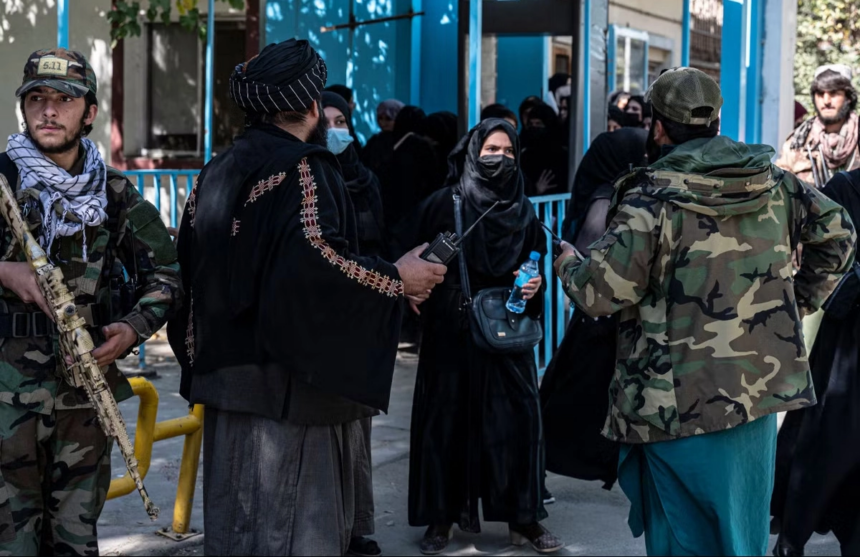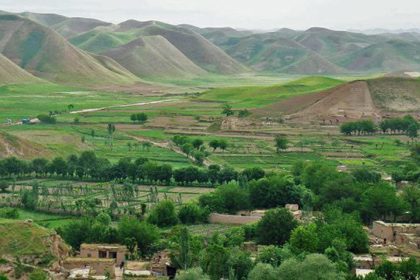RASC News Agency: In yet another authoritarian declaration that underscores the Taliban’s increasing detachment from democratic norms and basic human rights, the Taliban’s so-called Presidential Office has issued a formal statement declaring that Hibatullah Akhundzada, the group’s reclusive supreme leader, has demanded unquestioning and unconditional obedience to his commands across all levels of the de facto regime. According to the Taliban’s statement, Akhundzada declared, “My decrees and instructions must be implemented without condition or hesitation. Every command that I issue should be considered binding.” This statement was reportedly issued during a meeting of the Taliban’s top clerics and commanders at a recent “consultative council” in Kandahar an opaque gathering increasingly functioning as the real seat of power in the absence of any representative governance.
The announcement comes amid growing internal rifts within the Taliban’s fragmented structure, as well as mounting discontent among ordinary Afghanistani citizens suffering under the group’s regressive policies. Rather than addressing the profound economic collapse, humanitarian crises, and social repression plaguing the country, Akhundzada has chosen to entrench his own autocracy further resembling a theocratic monarchy more than any form of legitimate state leadership. Hibatullah, who has rarely appeared in public since assuming power in 2016, remains a shadowy figure whose decrees are delivered through intermediaries. He operates from the Taliban’s ideological stronghold in Kandahar, far removed from the suffering endured by millions across Kabul and the rest of Afghanistan under his rule. By demanding absolute obedience, he has further marginalized other figures within the Taliban ranks some of whom, particularly those based in Kabul, have at times expressed discomfort over his draconian decrees, especially those targeting women, education, and the media.
Independent observers view Akhundzada’s latest demand as part of a broader attempt to silence even the mildest forms of internal dissent, consolidating power in the hands of ultraconservative clerics and tribal loyalists. His insistence on total submission highlights the Taliban’s refusal to embrace any form of shared governance or accountability. Despite repeated appeals from international organizations and Afghanistani civil society groups for inclusive governance, freedom of speech, and gender equality, Akhundzada’s regime continues to isolate itself from the international community. His decrees have included bans on secondary and university education for women, public floggings and executions, suppression of independent media, and the persecution of civil activists all implemented under the guise of enforcing “Sharia law.”
This latest proclamation, analysts suggest, further confirms that the Taliban under Hibatullah Akhundzada are not merely uninterested in reform but are actively pursuing a policy of regression, authoritarianism, and theocratic absolutism plunging Afghanistan deeper into a state of political darkness and social paralysis.






